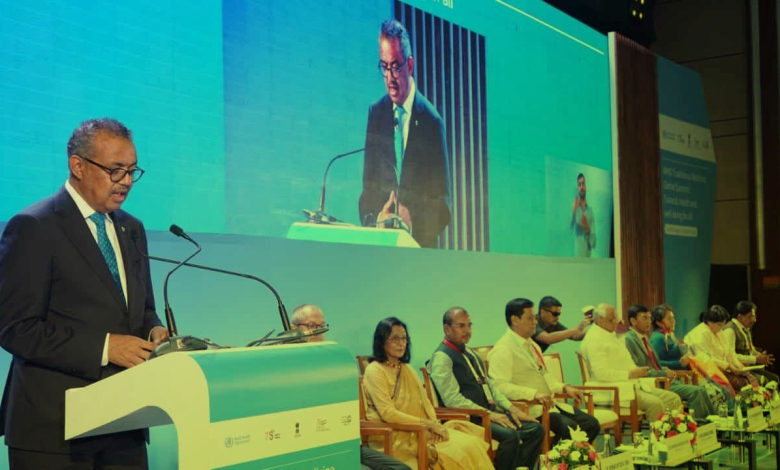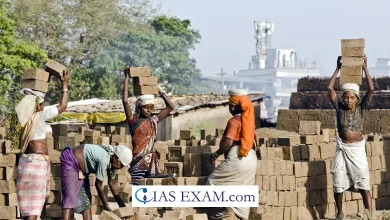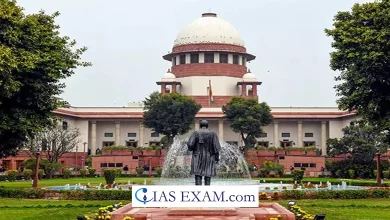Daily Current Affairs for UPSC
WHO Global Summit on Traditional Medicine
Syllabus- Health [GS Paper-3]

Context- The Ministry of Ayush and the World Health Organization WHO organized the first Global Traditional Medicine Summit in Gandhinagar, Gujarat.
Key Highlights
- The World Health Organization was founded by the WHO, the first and largest United Nations outpost of traditional medicine in all developing countries.
- It aims to explore the role of traditional, complementary and integrative medicine in responding to pressing health challenges and promoting global health and sustainability.
- In the field of AYUSH, research-based research is conducted in the treatment of diseases such as cancer, tuberculosis, infectious diseases, and women’s and children’s health using a scientific approach, as well as general health care.
- By the end of the year, there will be more than 12,500 Ayush-based health and wellness centers across the country, of which 8,500 already exist.
The importance of the Summit
- Ayush VISA facilitates global access to traditional Indian systems of medicine and ushers in a new era of holistic healthcare.
- Ayush Exhibition Zone is established with the promise of providing an immersive experience through innovative and interactive kiosks.
- It aims to harness the potential of traditional medicine from around the world to improve the health of people and the planet through modern science and technology.
Traditional medicines
- WHO describes traditional medicine as “the sum of knowledge, skills and practices used by indigenous peoples and different cultures over time to maintain health and to prevent, diagnose and treat physical and mental illness”.
- Its dimensions include ancient practices such as acupuncture, Ayurvedic medicine and herbal medicine, as well as modern medicine.
- About 80% of the world’s population uses traditional medicine.
In India
- It is often defined to include practices and therapies – such as yoga, Ayurveda, Siddha – that have been part of the Indian tradition historically, as well as others – such as homeopathy – that have become part of the Indian tradition over the years.
- The Siddha system is mostly followed in Tamil Nadu and Kerala;
- The Sowa-Rigpa system is mainly used in Leh-Ladakh and Himalayan regions like Sikkim, Arunachal Pradesh, Darjeeling, Lahaul and Spiti.





.png)



